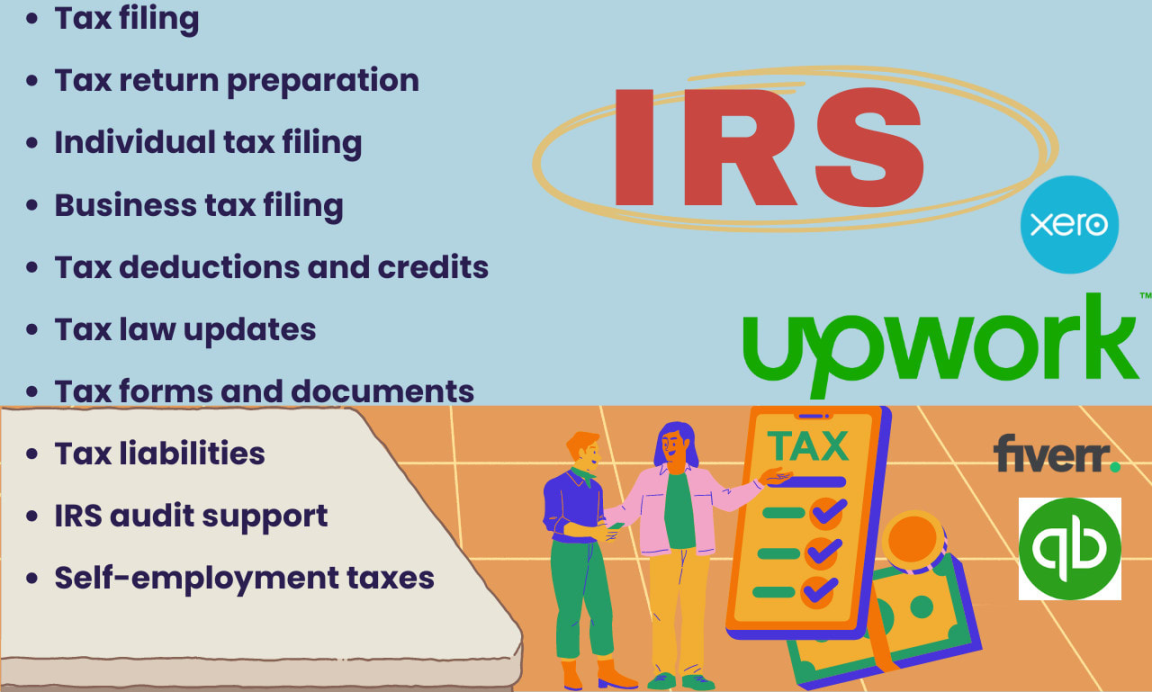Employee Benefit Trust Taxation
Employee Benefit Trust (EBT) taxation refers to the tax treatment of trusts that are set up by employers to provide benefits to their employees. These trusts are used to hold assets, such as shares or cash, which are then used to provide benefits to employees, such as bonuses, healthcare, or pensions.
The taxation of EBTs can be complex, as there are specific rules that govern how these trusts are treated for tax purposes. The main consideration is whether the contributions made to the trust are taxable, and if so, how they are taxed. In general, contributions made to an EBT are considered taxable income for the employer, and may also be subject to national insurance contributions.
However, there are certain tax advantages to using EBTs, such as the ability to defer tax on contributions until benefits are paid out to employees. This can help employers manage their cash flow and provide valuable benefits to their employees without incurring immediate tax liabilities.

It is important for employers to understand the tax implications of using EBTs and to ensure that they comply with all relevant tax laws and regulations. Failure to do so can result in fines and penalties from HM Revenue and Customs.
Conclusion
In conclusion, EBT taxation can be a valuable tool for employers looking to provide benefits to their employees in a tax-efficient manner. By understanding the rules and regulations surrounding EBTs, employers can make informed decisions about how to set up and manage these trusts to maximize their tax benefits.
FAQs
Q: Are contributions to an EBT tax-deductible for the employer?
A: Yes, contributions made to an EBT are generally tax-deductible for the employer, as long as they are made for the purpose of providing benefits to employees.
Q: Are benefits received from an EBT taxable for employees?
A: Yes, benefits received from an EBT are generally considered taxable income for employees and may be subject to income tax and national insurance contributions.
Q: Can EBTs be used to provide non-monetary benefits to employees?
A: Yes, EBTs can be used to provide a wide range of benefits to employees, including healthcare, pensions, and other non-monetary benefits.
Q: What are the reporting requirements for employers using EBTs?
A: Employers using EBTs are required to report details of the trust, contributions made, and benefits provided to employees to HM Revenue and Customs on an annual basis.
Q: Are there any specific rules or regulations governing the use of EBTs?
A: Yes, there are specific rules and regulations that govern the use of EBTs, including anti-avoidance provisions designed to prevent abuse of these trusts for tax avoidance purposes.